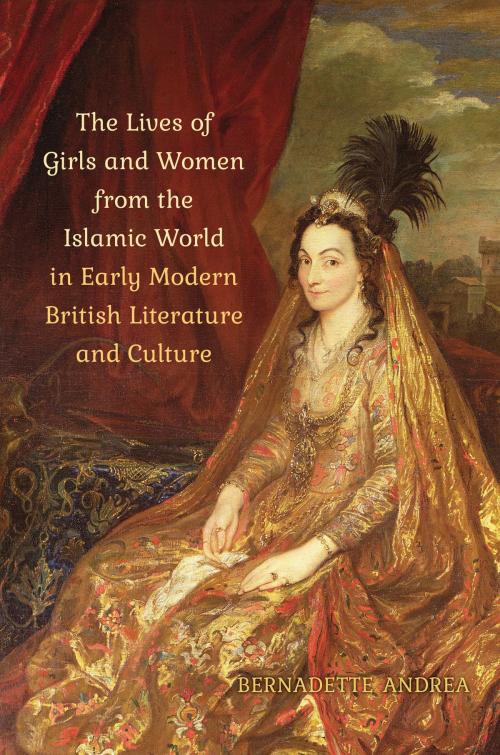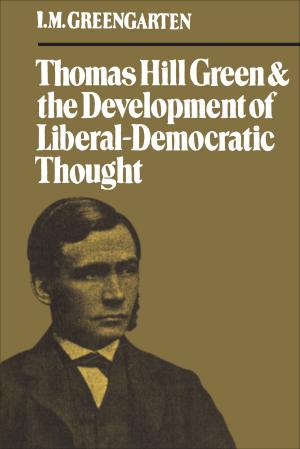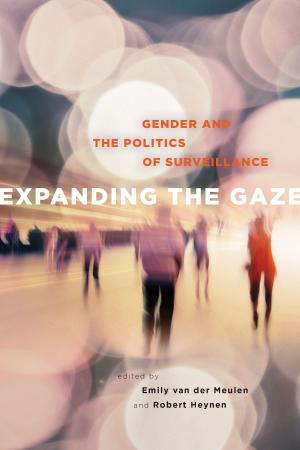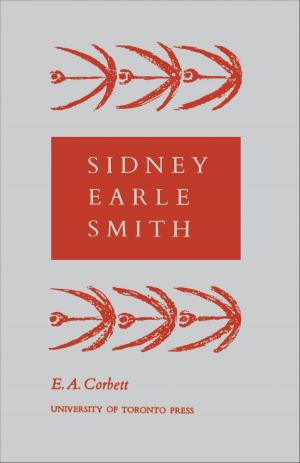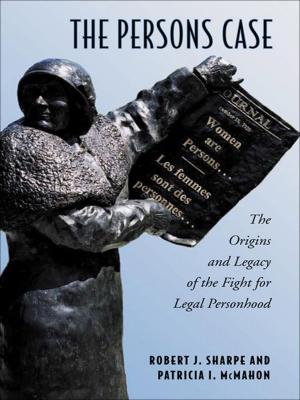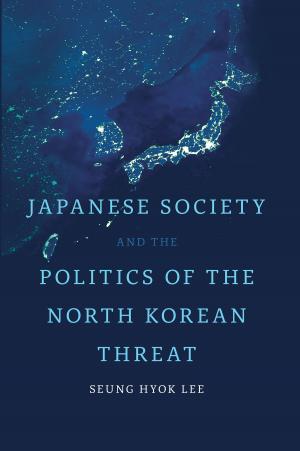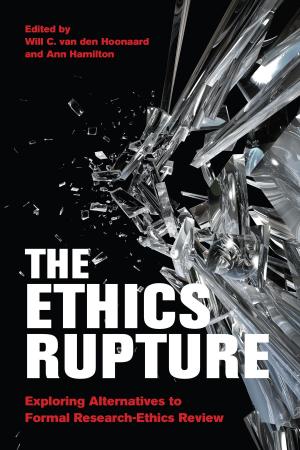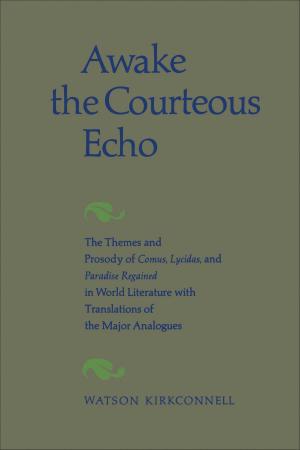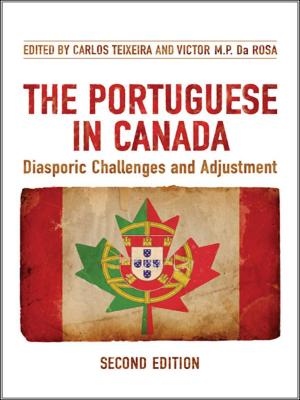The Lives of Girls and Women from the Islamic World in Early Modern British Literature and Culture
Nonfiction, Social & Cultural Studies, Social Science, Gender Studies, Women&, History, Modern, Fiction & Literature, Literary Theory & Criticism| Author: | Bernadette Andrea | ISBN: | 9781487512804 |
| Publisher: | University of Toronto Press, Scholarly Publishing Division | Publication: | April 24, 2017 |
| Imprint: | Language: | English |
| Author: | Bernadette Andrea |
| ISBN: | 9781487512804 |
| Publisher: | University of Toronto Press, Scholarly Publishing Division |
| Publication: | April 24, 2017 |
| Imprint: | |
| Language: | English |
Bernadette Andrea’s groundbreaking study recovers and reinterprets the lives of women from the Islamic world who travelled, with varying degrees of volition, as slaves, captives, or trailing wives to Scotland and England during the sixteenth and seventeenth centuries.
Andrea’s thorough and insightful analysis of historical documents, visual records, and literary works focuses on five extraordinary women: Elen More and Lucy Negro, both from Islamic West Africa; Ipolita the Tartarian, a girl acquired from Islamic Central Asia; Teresa Sampsonia, a Circassian from the Safavid Empire; and Mariam Khanim, an Armenian from the Mughal Empire. By analysing these women’s lives and their impact on the literary and cultural life of proto-colonial England, Andrea reveals that they are simultaneously significant constituents of the emerging Anglo-centric discourse of empire and cultural agents in their own right. The Lives of Girls and Women from the Islamic World in Early Modern British Literature and Culture advances a methodology based on microhistory, cross-cultural feminist studies, and postcolonial approaches to the early modern period.
Bernadette Andrea’s groundbreaking study recovers and reinterprets the lives of women from the Islamic world who travelled, with varying degrees of volition, as slaves, captives, or trailing wives to Scotland and England during the sixteenth and seventeenth centuries.
Andrea’s thorough and insightful analysis of historical documents, visual records, and literary works focuses on five extraordinary women: Elen More and Lucy Negro, both from Islamic West Africa; Ipolita the Tartarian, a girl acquired from Islamic Central Asia; Teresa Sampsonia, a Circassian from the Safavid Empire; and Mariam Khanim, an Armenian from the Mughal Empire. By analysing these women’s lives and their impact on the literary and cultural life of proto-colonial England, Andrea reveals that they are simultaneously significant constituents of the emerging Anglo-centric discourse of empire and cultural agents in their own right. The Lives of Girls and Women from the Islamic World in Early Modern British Literature and Culture advances a methodology based on microhistory, cross-cultural feminist studies, and postcolonial approaches to the early modern period.
